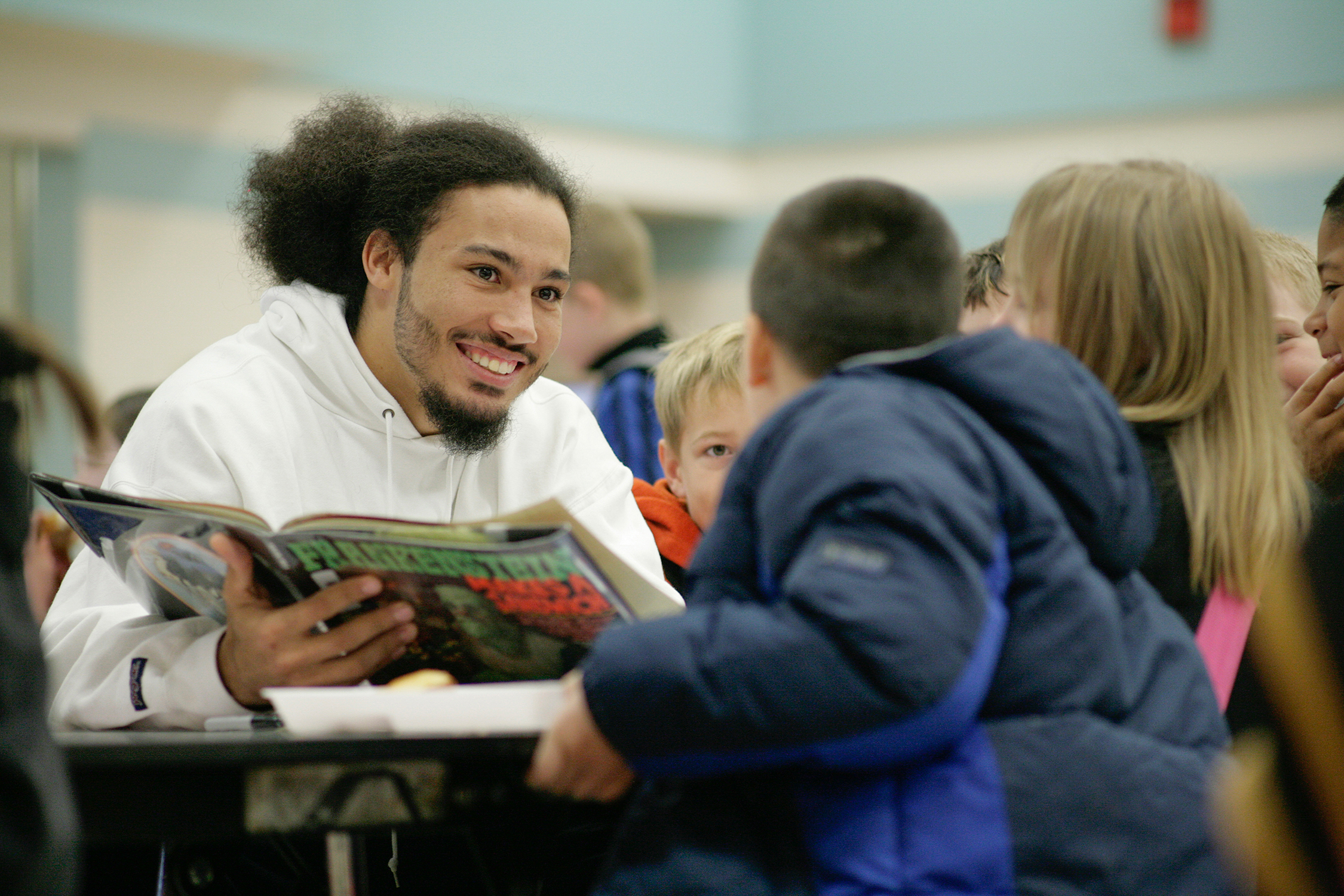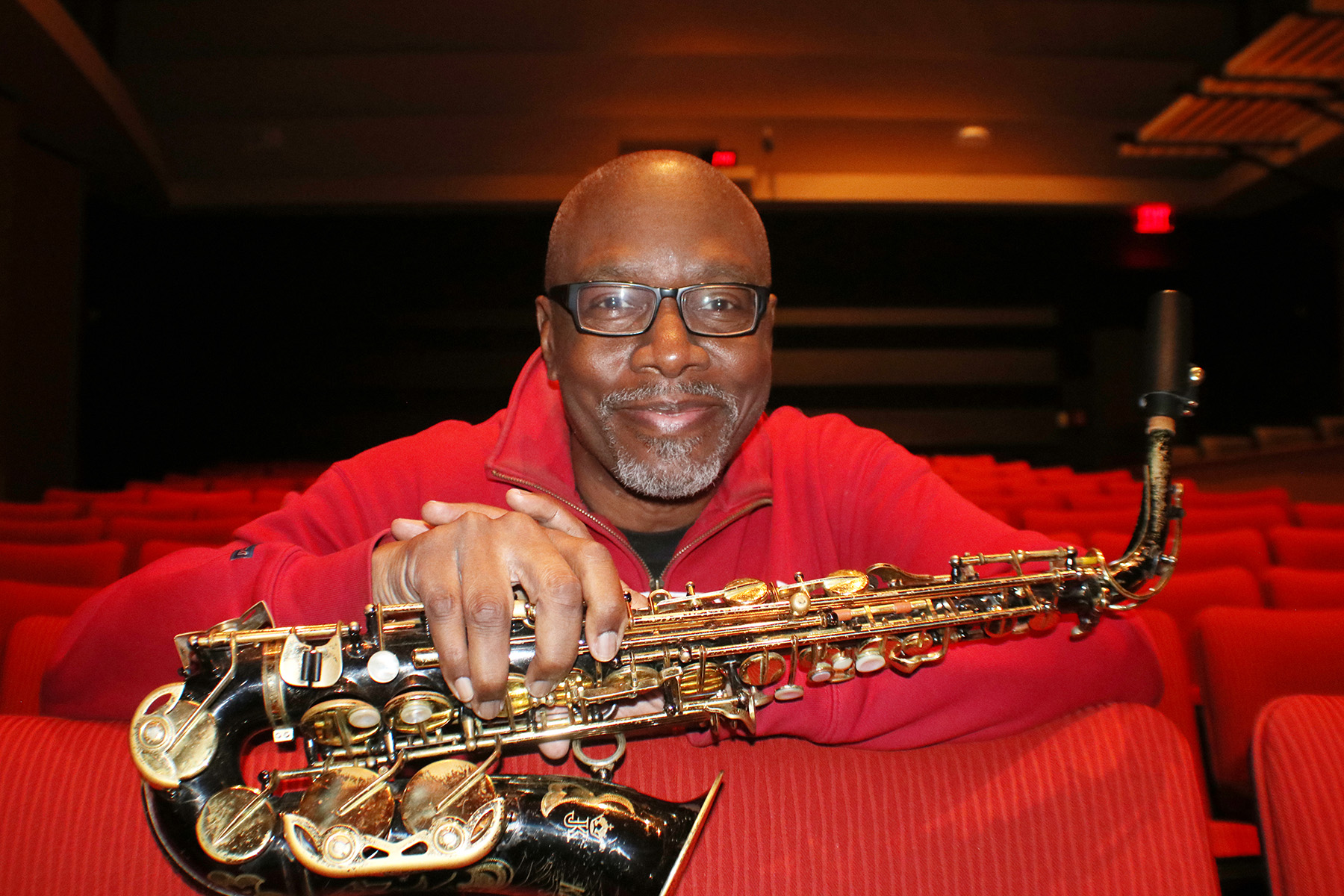
Office of the President
Learning Recovery
In an effort to address the extensive learning loss that has occurred during the pandemic, CWU will launch a series of initiatives designed to elevate student engagement and success, with a special focus on traditionally underrepresented students who have experienced the greatest disruption.
 In January 2022, the Brookings Institution tracked changes in math and reading test scores across the first two years of the pandemic using data from 5.4 million U.S. students in grades 3-8. The research focused on test scores from immediately before the pandemic (fall 2019), following the initial onset (fall 2020), and more than one year into pandemic disruptions (fall 2021). Average fall 2021 math and reading test scores in grades 3-8 were significantly lower relative to samegrade peers in fall 2019.
In January 2022, the Brookings Institution tracked changes in math and reading test scores across the first two years of the pandemic using data from 5.4 million U.S. students in grades 3-8. The research focused on test scores from immediately before the pandemic (fall 2019), following the initial onset (fall 2020), and more than one year into pandemic disruptions (fall 2021). Average fall 2021 math and reading test scores in grades 3-8 were significantly lower relative to samegrade peers in fall 2019.
We plan to address learning recovery head-on by introducing new programs and continuing two more. Wildcat Academic Mentoring and Jump Start Early Orientation began in fall 2022 and will eventually expand through reallocation of resources over time, while our Reading Intervention Center and Peer- Assisted Learning (PALs) program will be enhanced as we look to mitigate the academic impact COVID-19 has had on young learners.
-
Wildcat Academic Mentoring Program
-
As we explore new ways to encourage students to continue with their academic journeys, we have developed a peer-to-peer relationship-building program called Wildcat Academic Mentoring (WAM). The collaborative effort serves distinct student populations with differing and intersectional needs and is designed to support the whole student in their pursuit of wellness and success. Through WAM, we will hire, train, and equip graduate students, upper-level students, and peers to act as mentors for incoming students and others needing guidance.
WAM is intended to address the social and emotional well-being of students as a collaborative effort involving various university partners, including the Counseling Center, Wellness Center, Transfer Center, Housing, Residence Life, and Disability Services. The program will operate out of our Learning Commons.
-
-
Jump Start Early Orientation
We have created this new intentional transition program for incoming first-year students from diverse backgrounds as a way to maximize opportunities for success among traditionally underserved populations, especially students of color. Approximately 42% of CWU’s student population comes from underrepresented backgrounds, and 43% of our students are the first in their families to attend college.
Students who grow up in families and communities with limited exposure to higher education often find the university environment intimidating. Every aspect of that experience—from choosing classes to finding dining facilities to settling into residence halls—is new to them and can feel daunting. Many of these students have not spent long periods of time away from their families, and we are confident that the Jump Start Early Orientation program will provide them with a better sense of connection and engagement, while also fostering a sense of belonging.
Jump Start offers an extended early-orientation curriculum to students from underrepresented groups, allowing them to move to campus one week earlier than their peers. This gives them an opportunity to meet key faculty and staff, explore critical university resources, and meet other students from similar backgrounds. The program coordinator will work closely with the peer mentors, who will have had a couple years of experience on campus.
Aside from our mentoring and early orientation programs, we also have begun the process of securing funding for two additional strategies—Reading Recovery and Student Success Coaches—designed to address the widespread issue of learning loss.
-
Reading Recovery Program
Disrupted learning experiences that resulted from nearly two years of pandemic-interrupted instruction have been especially detrimental to early elementary students who are learning to read. An analysis by McKinsey and Company shows the loss of learning during the pandemic left the average U.S. student four months behind in reading by the end of the 2020-21 school year. Additional research has shown that, without adequate reading skills, learning in other academic areas is hindered. In response to this need, we developed the CWU Reading Intervention Center to provide direct reading assessment and assistance for students in grades K-4. The intent is to help elementaryage students recover from delays in reading development so they can attain grade-level reading fluency.
The Reading Intervention Center, housed in the Psychology Building, has relied on graduate students to serve an average of 16 beginning readers per year since it was introduced in early 2021. The center is currently limited by its lack of release time for a faculty supervisor, a low number of graduate assistantships, inadequate physical space, and insufficient educational materials. For the center to reach its full potential, these additional resources will be required. In the years to come, CWU will be looking to serve significantly more students in a wider age range (i.e., grades K-8), mirroring the critical reading recovery needs of the local community.
-
Student Success Coaches and Supplemental Instruction
The Learning Commons supports 30 courses with supplemental instruction (SI) through the Peer-Assisted Learning program (PALs). Research has shown that the SI model supports students’ motivation to learn, their engagement in the process of learning, and their development of essential study strategies that increase academic success. Studies also have found that SI programs support both short- and long-term academic self-efficacy, while final grades among SI participants versus non-participants clearly indicate higher achievement. The PALs program at CWU provides support for students, faculty, and academic departments, while simultaneously boosting the university’s retention efforts.
An added benefit is that SI aids in reducing the performance gap between underserved students and traditional students, as underserved students are four times more likely to leave higher education after the first year. Another critical way SI has been effective is that it supports students learning a specific subject while rewarding successful learners with the opportunity to serve as peer mentors and by providing paid professional experience for those students.
CWU News

Online Master’s of Education program now offers special education endorsement
May 15, 2024
by Rune Torgersen

Lenny Price brings Detroit perspective to CWU Jazz
May 15, 2024
by University Relations